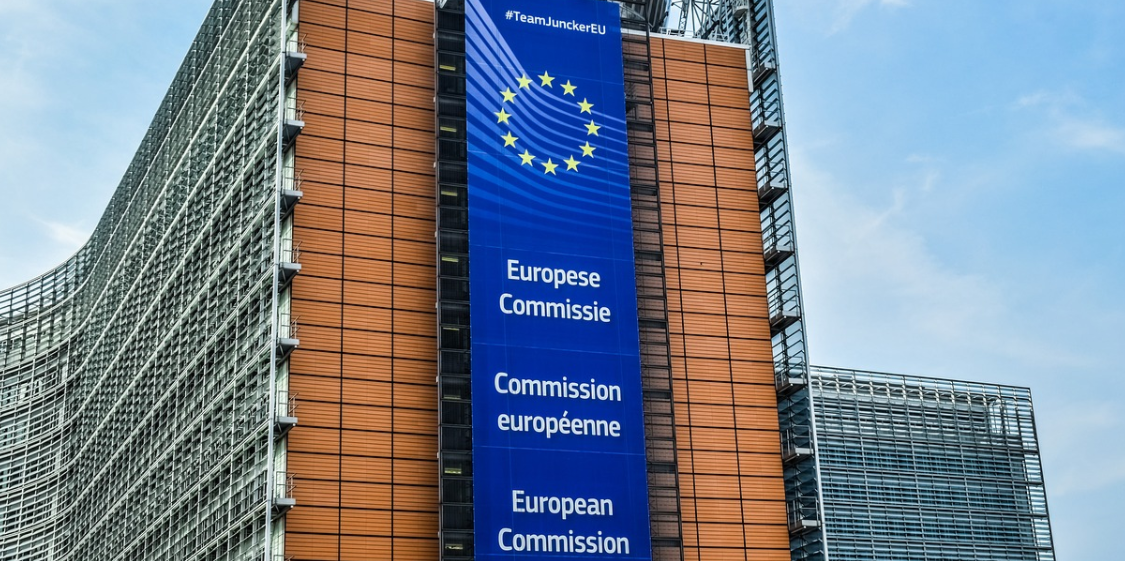

The German government's €28 billion ($29.69 billion) support programme for renewable energy, which aims to increase the use of wind and solar power quickly, was announced as having been approved by the European Commission.

The policy, which will replace an existing renewables support scheme, will be in effect until 2026 and help Germany meet its target of producing 80 per cent of its renewable energy by 2030.
According to the European Commission, the scheme was "necessary and suitable" to promote renewable energy sources and reduce emissions that contribute to global warming. Its favourable effects on the environment exceeded any potential competitive distortions.
Margrethe Vestager, the Chief of EU competition policy, "The German Renewable Energy Act 2023 scheme will contribute to decarbonising electricity production further."
Producers of renewable energy earn a premium from the programme in addition to the market price they are paid for their power. A feed-in tariff offering a guaranteed price for their electricity is available to small generators.
In order to reach Germany's objective of banishing its net emissions of greenhouse gases by 2045 and partially close the energy supply gap brought on by Russia's decision to stop sending the majority of its gas to Europe this year, clean energy output must be increased.
Some EU countries, however, have criticized Berlin's response to Europe's energy crisis. German plans to spend up to 200 billion euros in subsidies to shield consumers and businesses from soaring energy costs raised concerns - a sum many other states cannot afford and some argued would distort competition within the EU.
The energy price escalation in Europe has slashed the energy-intensive production of aluminium. The capacity of Europe's aluminium industry is around 4.5 million tonnes. Since 2021, about 1 million tonnes have been taken offline, while another 500,000 tonnes are at risk.
The Commission said Berlin's renewable state subsidies were limited to the "minimum necessary" and included safeguards to avoid discrimination. In order to receive government aid, companies must submit bids.
Germany will scale off current subsidies for renewable producers during periods of unfavourable power prices by 2027 in order to avoid subsidizing businesses twice.
Responses








